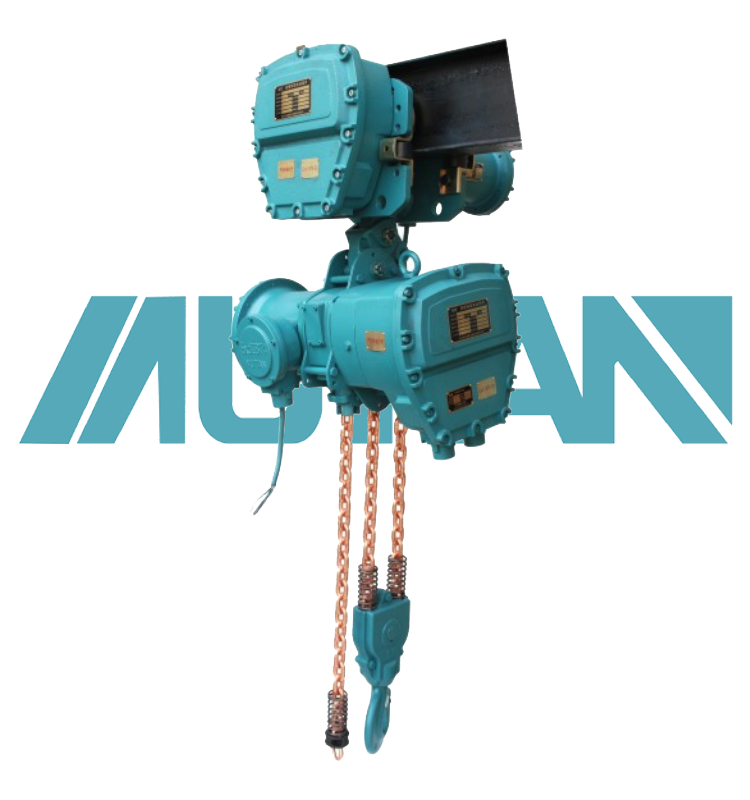 中文版
中文版



Welcome to contact us by phone:0086-0312-7969888
Overloading an explosion-proof electric hoist can have several serious consequences, including:
Damage to the Motor: The motor of the hoist is designed to operate within a specific load capacity. Overloading can cause excessive strain on the motor, leading to overheating, burnout, or other damage. This can reduce the motor's efficiency, lifespan, and overall performance.
Damage to the Mechanical Components: Overloading also puts excessive strain on the hoist's mechanical components, such as the gears, bearings, and brakes. This can cause wear and tear, leading to premature failure or malfunction of these components.
Reduced Safety: Overloading an explosion-proof electric hoist can compromise its safety features. For example, the brakes may not function properly, increasing the risk of an uncontrolled descent or accident. Additionally, overloading can put undue stress on the structure of the hoist, potentially weakening it and making it more vulnerable to failure.
Decreased Efficiency: Operating an explosion-proof electric hoist beyond its rated capacity can lead to decreased efficiency. The hoist may not be able to lift or lower loads as quickly or smoothly as it would under normal operating conditions.
Compliance Issues: Operating an explosion-proof electric hoist in violation of its rated capacity may also violate local regulations and safety standards. This can result in fines, penalties, and legal action if caught.
Increased Risk of Accidents: Ultimately, overloading an explosion-proof electric hoist increases the risk of accidents and injuries. The additional strain on the equipment can lead to unexpected failures or malfunctions, potentially causing harm to operators or nearby personnel.
The main equipment produced by Hebei Makita: stage electric hoist, electric chian hoist, wire rope electric hoist,Hand chain hoist, lever hoist, pneumatic hoist and other lifting equipment
X